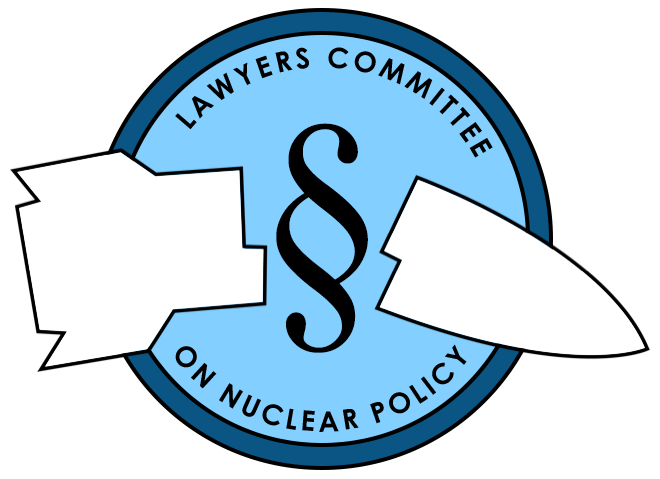Statement Opposing a US Green Light for Saudi Production of Nuclear Fuel
Peter Weiss, President, Lawyers Committee on Nuclear Policy (LCNP)
John Burroughs, LCNP Executive Director
Guy Quinlan, LCNP Board of Directors
Contact via johnburroughs[at]lcnp.org or +1 (212) 818-1861
lcnp.org
A recent development could have grave adverse consequences for efforts to restrain the spread of nuclear weapons capabilities. On January 25, 2011, the Nuclear Threat Initiative’s Global Security Newswire reported that: “The Obama administration is taking initial steps to negotiate a civil nuclear trade pact with Saudi Arabia that could lack key nonproliferation provisions included in a similar 2009 deal with one of Riyadh’s Persian Gulf neighbors.” Specifically, citing “U.S. officials and experts” speaking not for attribution, the article indicates that the proposed agreement, unlike the 2009 pact with the United Arab Emirates, could give at least tacit approval to the enrichment of uranium and the reprocessing of plutonium on Saudi territory.
If such an agreement were to be reached, it would represent a serious retreat from the principles underlying the agreement with the UAE, which many nonproliferation advocates have hoped would constitute a template for future civilian nuclear technology transfers and a valuable precedent for future nonproliferation efforts. This would be especially disappointing because it was the present administration which strengthened the nonproliferation safeguards in the UAE agreement, including the express pledge by Abu Dhabi on reprocessing and enrichment, and the right of return disincentives. As recently as August of last year, a spokesperson for the State Department described the arrangement with the UAE as the “gold standard” for future civilian nuclear technology agreements.
We question whether trade agreements offering access to US technologies and materials for use in nuclear power reactors are an appropriate means of developing sustainable and proliferation-resistant economies. But if such agreements are reached, green lighting the spread of technologies that can produce nuclear fuel – but also materials for nuclear weapons – would be highly irresponsible. Any agreement with Saudi Arabia which lacks provisions similar to those in the UAE agreement would send the wrong signal at a time when the United States is seeking, in the interests of nonproliferation, to persuade other countries to limit their own development of reprocessing and enrichment technologies.
It would risk exacerbating the danger of a nuclear arms race in the Middle East, and could be viewed as violating the spirit, if not the letter, of treaty obligations imposed on a nuclear weapons state by Article I of the NPT. It would be a step away from a Middle East zone free of nuclear, biological, and chemical weapons, to which the United States is committed by NPT Review Conference outcomes. The WMD Commission led by Hans Blix identified commitments by regional states to a verified arrangement not to have any enrichment, reprocessing or other sensitive fuel-cycle activities on their territories as a confidence building measure in achieving a Middle East zone. An agreement with Saudia Arabia implicitly permitting such activities would have the opposite effect. What is true for the region is true for the world. Achieving a world free of nuclear weapons will be facilitated by the internationalization of nuclear fuel production, not the further spread of nationally controlled nuclear fuel production.
PDF version here.
